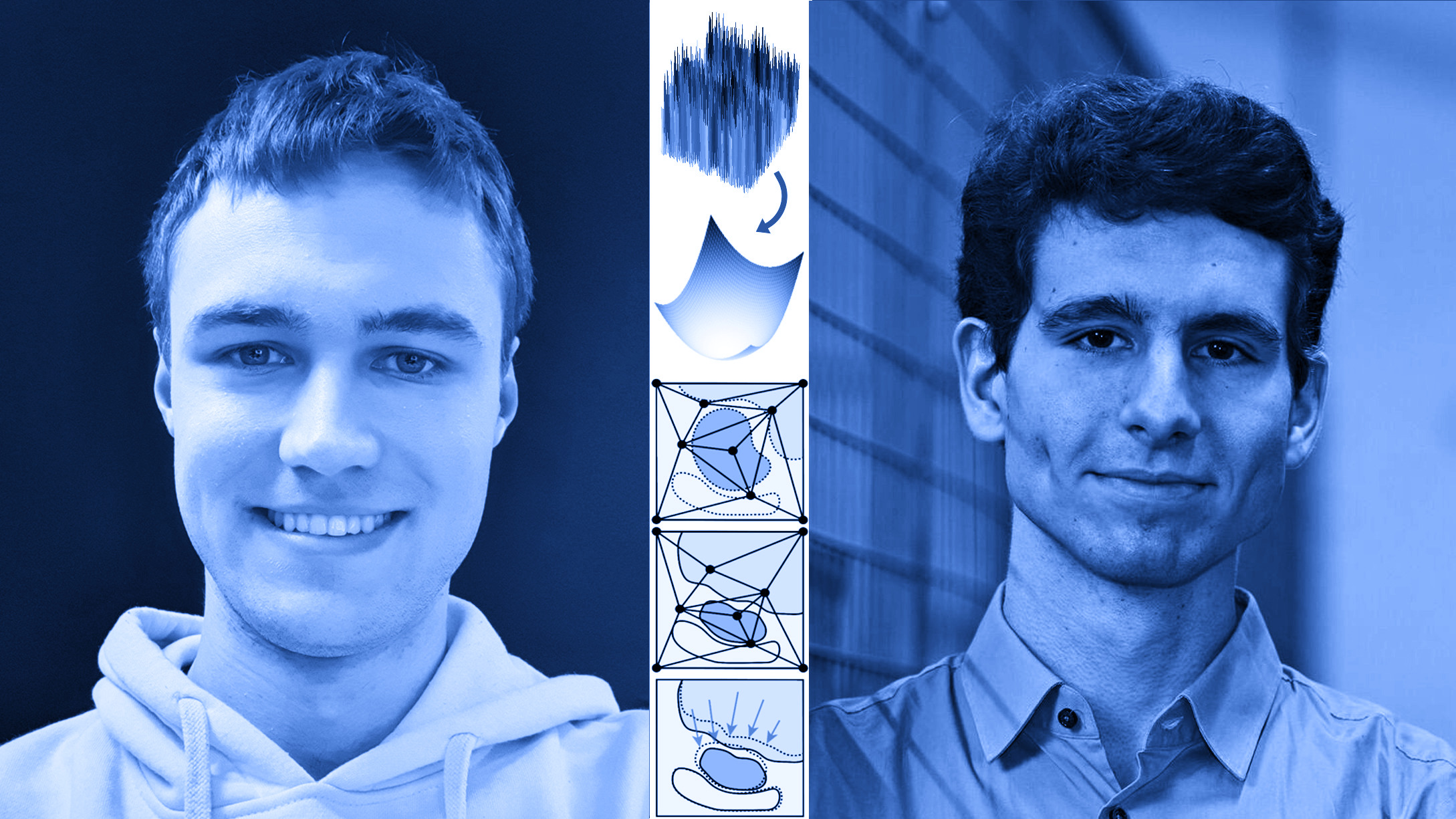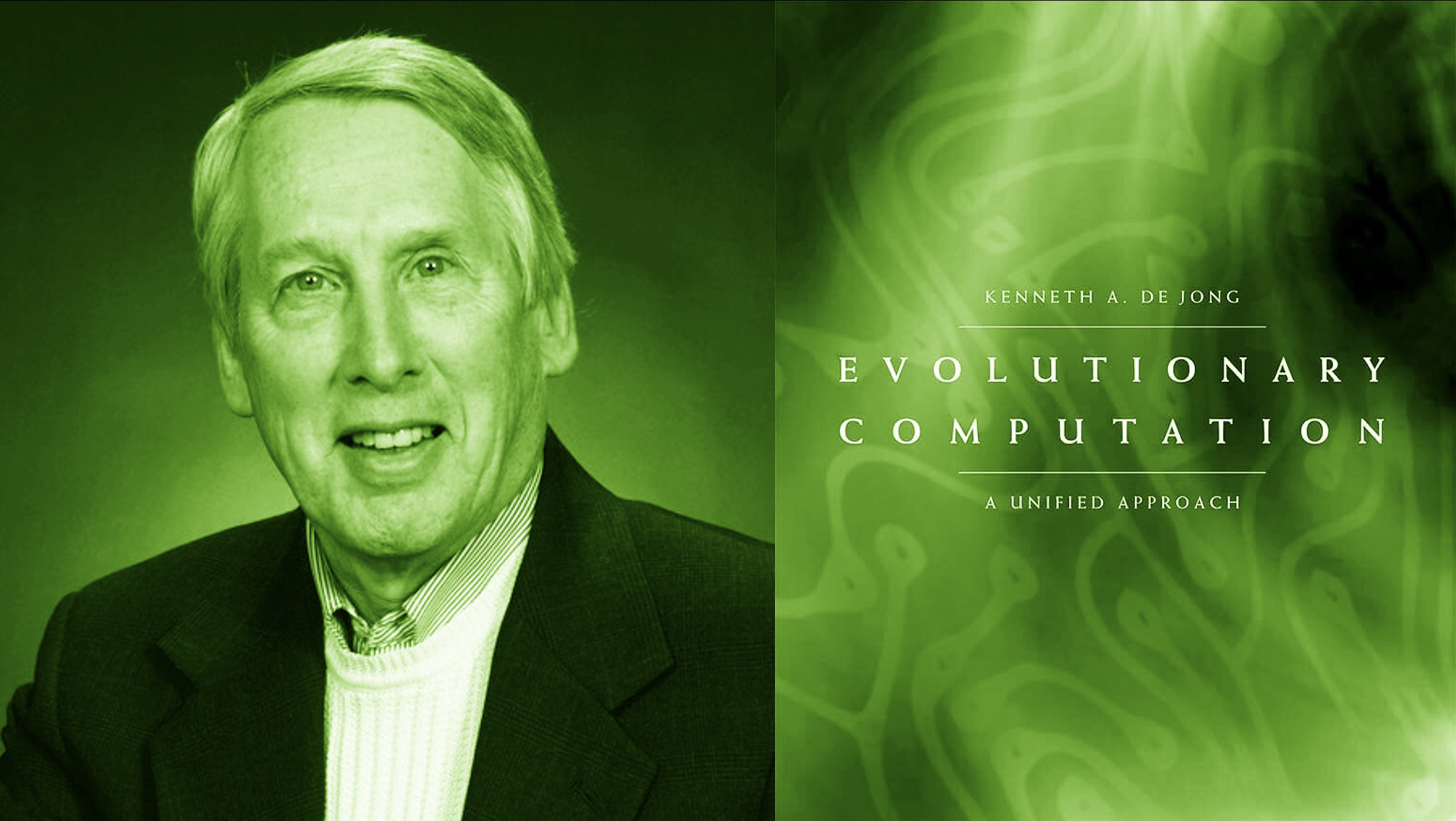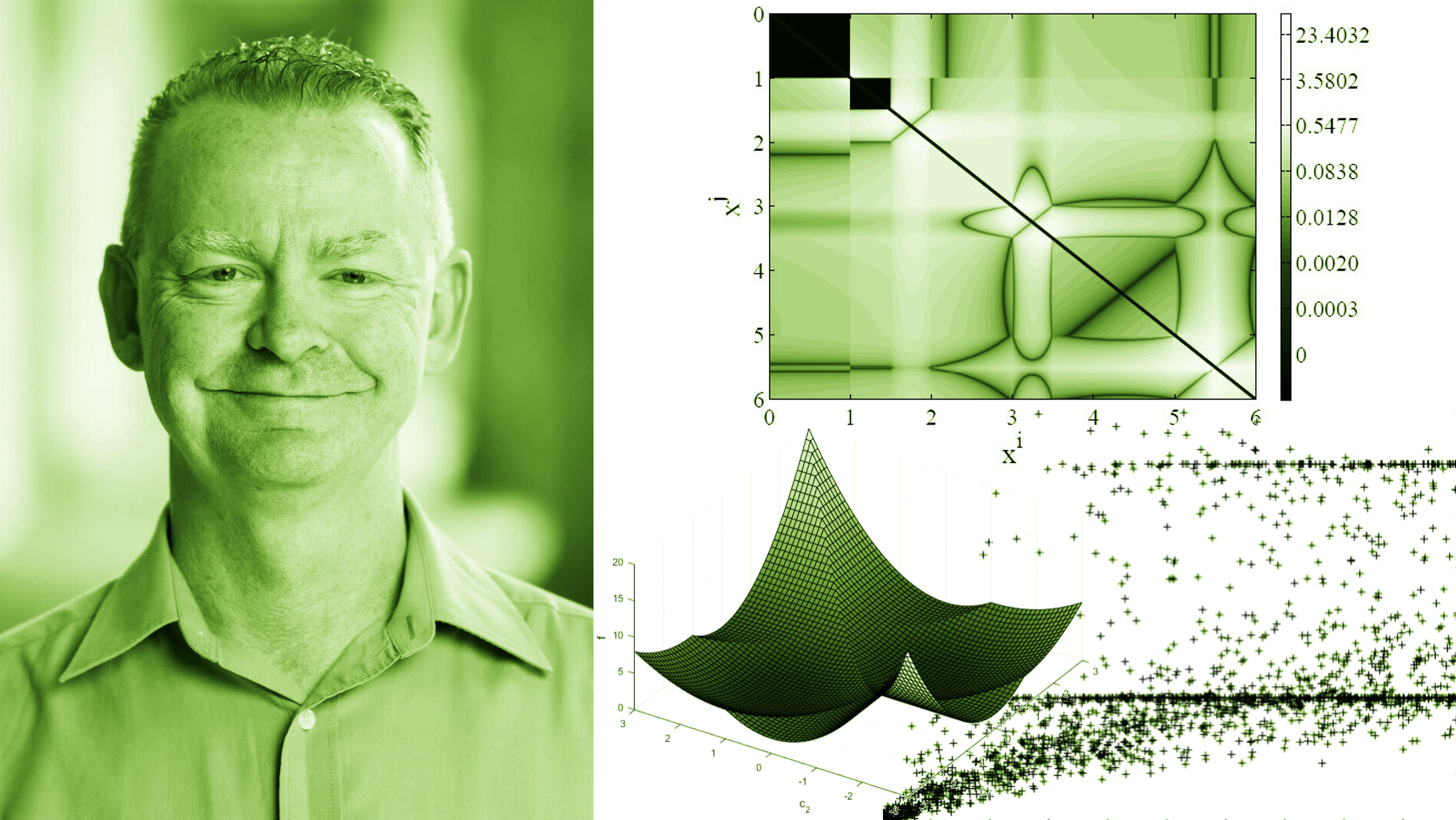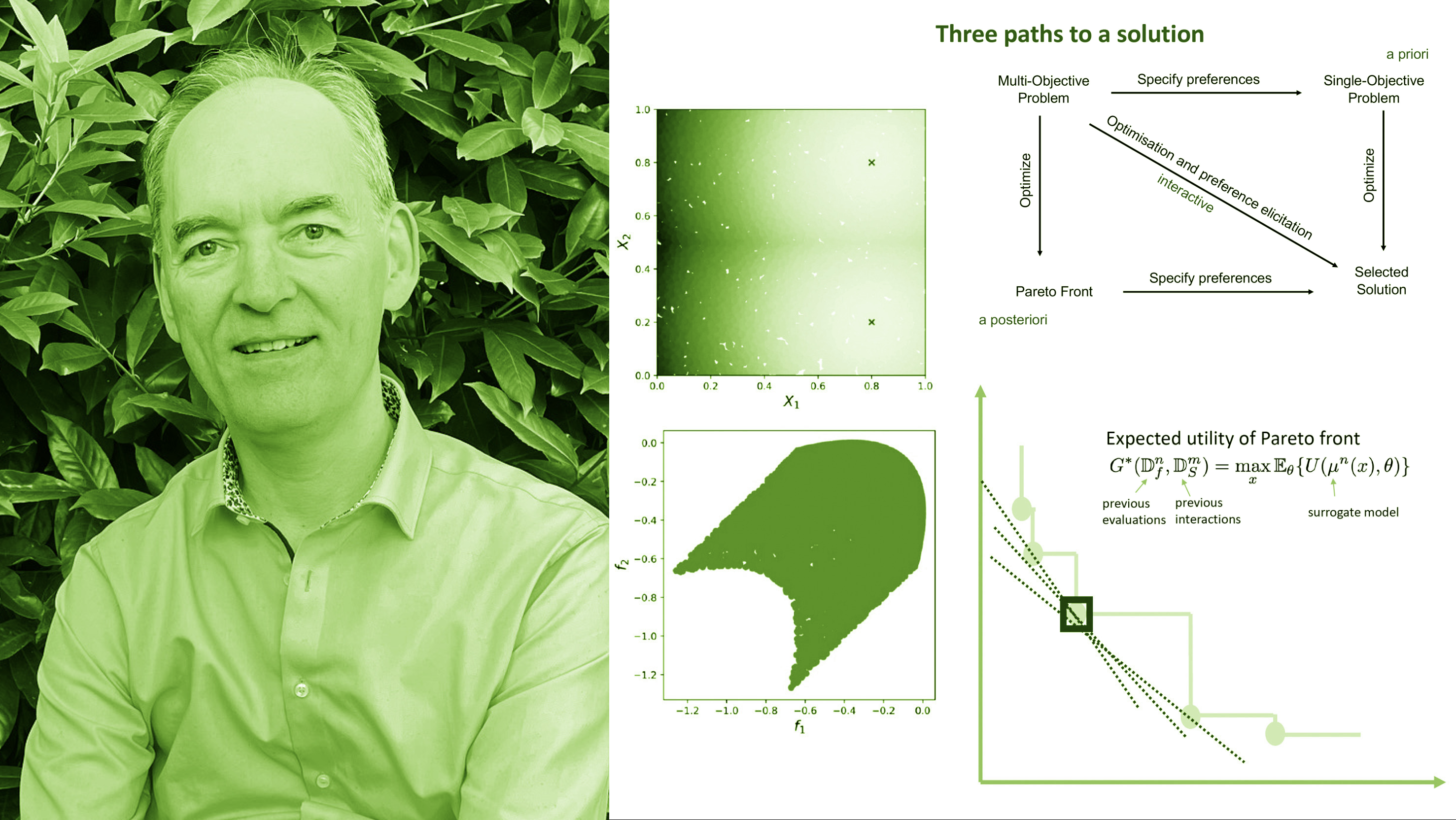The twelfth lecture takes place on the 25th of October 2023 at 4:30 PM (CET), virtually.
The zoom link to attend the lecture is: https://universiteitleiden.zoom.us/j/62045468748?pwd=U1RGY2RLVjg0WjFLMlVpVHRRSWhodz09
The lecture features Ph.D. candidates Kirill Antonov and Georgios Andreadis.
Talk 1: Curing ill-Conditionality via Representation-Agnostic Distance-Driven Perturbations
Kirill Antonov, LIACS
The objective value of an ill-conditioned function may significantly change with a minor shift of the argument in the search space. Ill-conditioned functions do not have at all or exhibit very few hints towards better solutions and, thus, they are usually difficult to optimize with randomized search heuristics. However, problems that emerge in practical applications are likely to be formulated as ill-conditioned functions, as often Euclidean metric is used to measure distance in the search space. At the same time, it may be possible to use domain-specific knowledge to define such a metric in the search space so that the function stops being ill-conditioned. In this talk, I discuss the approaches to defining well-conditioned optimization landscapes and possible ways of efficient mutations in them. We will see the benefits and disadvantages of our approach to optimization in non-Euclidean landscapes.
Talk 2: MOREA: a GPU-accelerated Evolutionary Algorithm for Multi-Objective Deformable Registration of 3D Medical Images
Georgios Andreadis, Leiden University Medical Center
Finding a realistic deformation that transforms one image into another, in case large deformations are required, is considered a key challenge in medical image analysis. Having a proper image registration approach to achieve this could unleash a number of applications requiring information to be transferred between images. Clinical adoption is currently hampered by many existing methods requiring extensive configuration effort before each use, or not being able to (realistically) capture large deformations. We propose MOREA: the first evolutionary algorithm-based multi-objective approach to deformable registration of 3D images capable of tackling large deformations. MOREA includes a 3D biomechanical mesh model for physical plausibility and is fully GPU-accelerated. We empirically compare MOREA to two state-of-the-art approaches on abdominal CT scans of 4 cervical cancer patients. Without requiring per-patient configuration, MOREA significantly outperforms these approaches on 3 of the 4 patients that represent the most difficult cases.
 JoLEA
JoLEA
